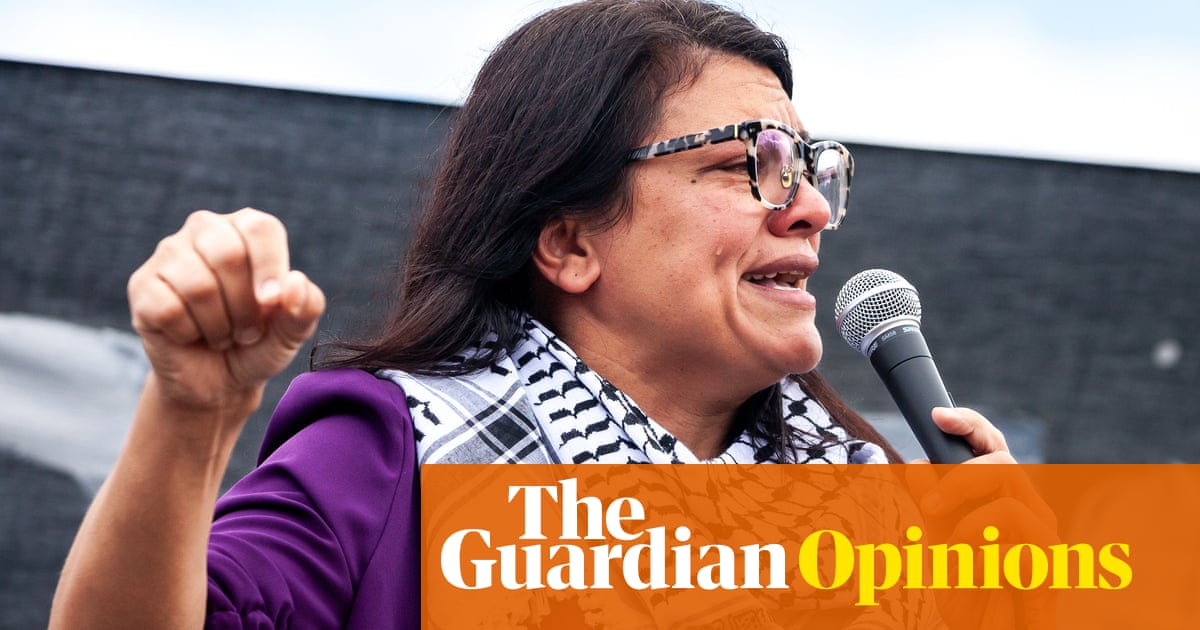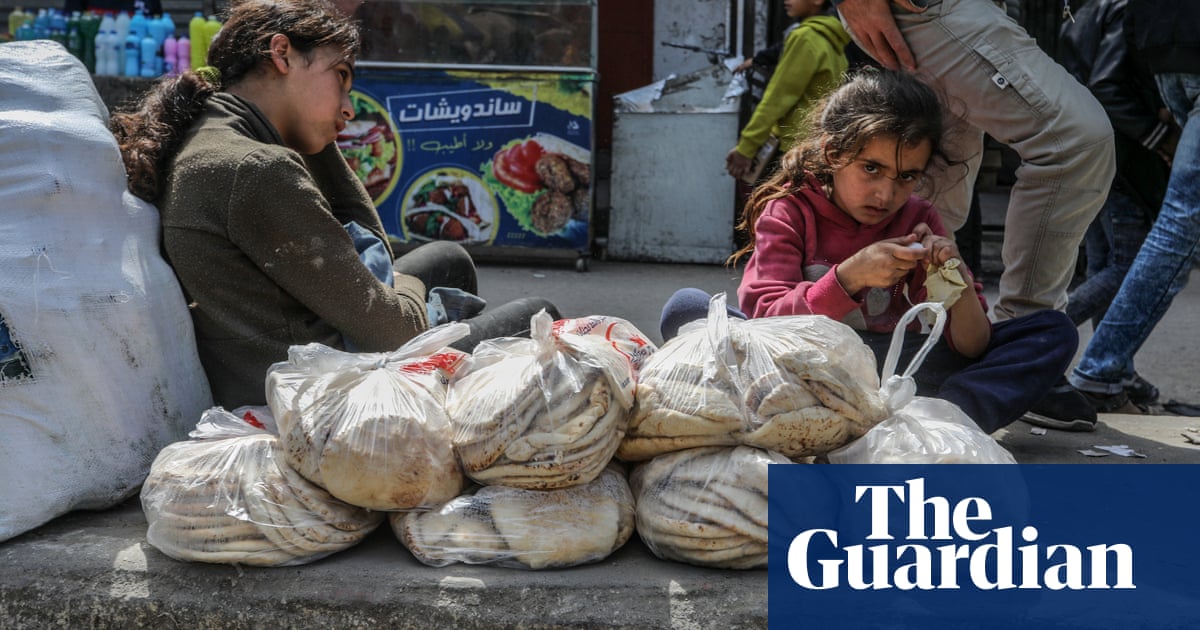
What exactly was the offence of computational biologist Michael Eisen that led to him being sacked as editor of eLife, a prestigious peer-reviewed scientific journal for biomedical and life sciences? This Jewish-American with Israeli family shared a post from satirical website the Onion, headlined “Dying Gazans criticized for not using last words to condemn Hamas”.
The dark humour spoke to an indisputable truth: Palestinians have died due to the logic of collective guilt, as endorsed by the Israeli president, Isaac Herzog, who declared “It is an entire nation out there that is responsible.” Eisen praised the Onion for having “more courage, insight and moral clarity than the leaders of every academic institution” and also condemned Hamas. Ten days later, he was fired.
The board of directors of eLife issued a statement indicating that Eisen’s “approach to leadership, communication and social media has at key times been detrimental to the cohesion of the community we are trying to build and hence to eLife’s mission. It is against this background that a further incidence of this behaviour has contributed to the board’s decision.” If there had been any, they did not detail what the previous alleged instances were.
Ever since Israel responded to Hamas’s atrocities with a vicious onslaught that has killed more than 8,000 Palestinians there has been an attempt to silence, intimidate and harass Palestinian sympathisers. Inevitably, it is Palestinians who suffer the brunt of a campaign to stigmatise even the most basic opposition to the mass slaughter of their people.
Take Adania Shibli, the celebrated Palestinian author awarded Germany’s 2023 LiBeraturpreis prize for her novel Minor Detail, which told the true story of an Israeli soldier’s rape and murder of a Palestinian Bedouin girl in 1949. After the current horrors began, organisers postponed her ceremony “due to the war started by Hamas, under which millions of people in Israel and Palestine are suffering”.
Other non-Palestinian literary figures have been targeted, too. Viet Thanh Nguyen, the son of refugees and a sympathiser with other displaced people, had a talk at the 92nd Street Y centre in New York postponed after he signed an open letter demanding an “end to the violence and destruction in Palestine”. The centre describes itself on its website as “a proudly Jewish organisation” and in a statement given to Reuters, it said that it wanted to take time to decide how best to use its platform to “support the entire 92NY community”.
What of the US Campaign for Palestinian Rights, whose longstanding conference in Houston was cancelled following the Orthodox Jewish Chamber of Commerce describing the event as “a conference for Hamas supporters”? The Hilton cited security concerns as the reason for the cancellation.
The keynote speaker, Rashida Tlaib, the first ever elected Palestinian-American congresswoman, has been targeted by a Republican smear campaign, with an attempt to censure her for “antisemitic activity” and “sympathising with terrorist organisations” – all baseless attacks. Meanwhile, MSNBC reportedly stopped three of its Muslim broadcasters from presenting their shows, with no explanation. The broadcaster claimed any change in programming as “coincidental”.
Here in Britain, we’ve long been told that “woke” students pose a threat to academic freedom. But there were no loud condemnations of Liverpool Hope University after it postponed a talk by Israeli-British historian Avi Shlaim, whose work has challenged Israel’s official historical narrative. The university’s defence was that the decision was made with the wellbeing and safety of students and staff taken into consideration.
Cabinet minister Michelle Donelan defended her higher education (freedom of speech) bill last year by claiming “academic freedom in these institutions is being undermined in a way that endangers our entire democracy”, adding, “we find academics self-censoring themselves out of fear”. However, last weekend, in a letter to UK Research and Innovation, she expressed her “disgust and outrage” at its appointment of two academics to its advisory group on equality, diversity and inclusion, one of whom – in her own words – “condemns violence on both sides but make reference to Israel’s ‘genocide and apartheid’”. Israel has been condemned for apartheid by, among others, Amnesty International, Human Rights Watch and the Israeli human rights organisation B’Tselem, while UN experts have warned “of a risk of genocide against the Palestine people”. These are entirely legitimate positions for an academic to express – but Donelan’s championing of free speech perishes when opinions about Israel’s violent oppression of Palestinians cause her offence.
Meanwhile, Labour has suspended Andy McDonald for telling Saturday’s anti-war demonstration, and to directly quote: “We won’t rest until we have justice, until all people, Israelis and Palestinians, between the river and the sea can live in peaceful liberty.” McDonald, was, to be clear, eloquently expressing his passionate support of a two-state solution: but in Starmer’s Labour, this humane demand for peaceful coexistence is deemed morally disgraceful, unlike support for missiles raining down on civilians, including children. Tory MP Paul Bristow was also sacked from his role as a government aide for asking for a ceasefire. In modern Britain, it’s those who oppose mass slaughter who are considered beyond the pale.
The question of Palestine exposes the hypocrisy of the so-called cancel culture. We have long been entreated to believe there is a mass silencing of public figures for saying pejorative and demeaning things about marginalised groups – from trans people to refugees. Unlike Palestinian sympathisers, they echoed mantras widely shared by political and media elites. But those who challenge the economic system or western foreign policy – or both – have always faced genuine silencing.
Simply opposing violence against civilians is to risk career and reputation. This intimidation has deadly consequences: it undermines public pressure on Israel’s western allies to stop the slaughter and end the occupation, colonisation and apartheid that sustains this nightmare. The answer, of course, is not to be cowed – but to speak ever louder.
Owen Jones is a Guardian columnist












